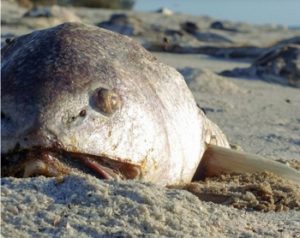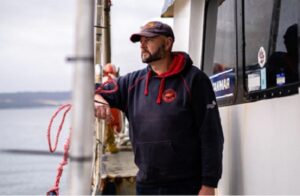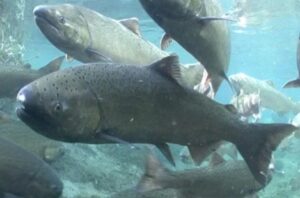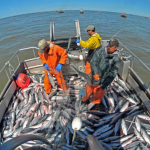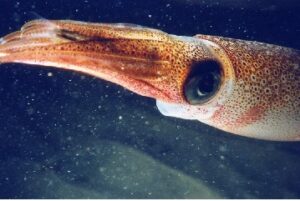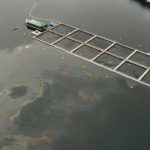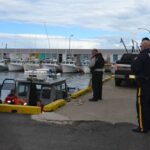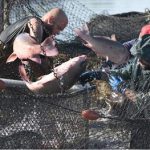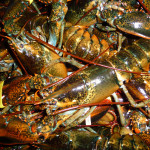Daily Archives: August 20, 2020
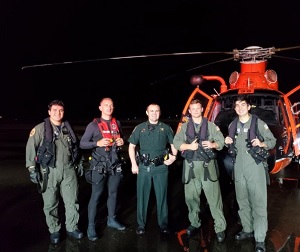
Coast Guard rescues 2 fishermen from vessel aground in St. Mary’s Inlet
The Coast Guard rescued two men after their fishing vessel ran aground in St Mary’s Inlet, Thursday. A Coast Guard Air Station Savannah MH-65 Dolphin helicopter crew arrived on scene and hoisted the two men to safety. Coast Guard Sector Charleston watchstanders received notification via phone at approximately 12:15 a.m. from the daughter of one of the men aboard the fishing vessel F/V Phuong Mai, stating that the 50-foot fishing vessel ran aground. >click to read< 11:50
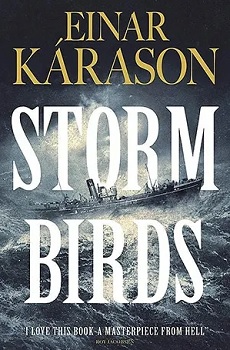
Storm Birds – an Icelandic trawler in peril
In the winter of 1959, Gudlaugsson was first engineer on a trawler that endured a monumental storm off Newfoundland. All hands were put to hacking ice from the decks in a bid to stop the vessel sinking under its weight. “It was 72 hours of fighting.” In Storm Birds, Icelandic novelist Einar Kárason has taken the story of Gudlaugsson and his crew and turned it into a pulse-quickening piece of fiction. Here the trawler is the Mávur, the Icelandic word for “seagull”, and the maelstrom is evoked by an unnamed crew member recalling the events in later life. He makes it clear that being a fisherman in Icelandic waters “could be as dangerous as soldiering in times of war”. >click to read< 09:49
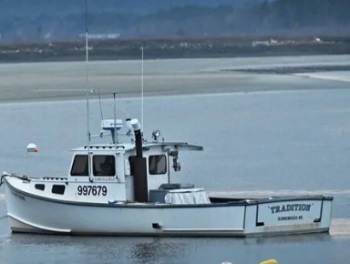
Lobstermen and boat builders catch break on diesel engine standards until cleaner-running engines are available
Lobster fishermen are getting a temporary reprieve from federal diesel engine emissions standards because the cleaner running engines have yet to hit the commercial market. “This relief gives boat builders and operators flexibility to meet EPA standards during the next several years,” Wheeler said in a prepared statement. “The larger market for diesel engines can’t build new models quickly enough for marine users – putting these operators in potential violation of pollution rules through no fault of their own.” The diesel engine standards controversy, and the possibility of a reprieve from Wheeler, has been building slowly for years, overshadowed by lobster bait shortages, the impact of the COVID-19 pandemic and the U.S.-China trade war on lobster exports, and the possibility that saving the North Atlantic right whale from extinction could mean an end to lobster fishing as it currently exists. >click to read< 08:42

Boasberg sets deadline for new North Atlantic Right Whale Protections no later than May 31, 2021
The Center for Biological Diversity, Conservation Law Foundation, Defenders of Wildlife and the Humane Society of the United States sued the federal government for violating the Endangered Species Act by allowing the lobster fishery to operate in a manner known to entangle right whales. U.S. District Court Judge James E. Boasberg also ordered a new ESA-mandated analysis of the American lobster fishery that takes into account the full scope of its harm to right whales. He stopped short of prohibiting lobster fishing with vertical buoy lines in a key right whale feeding area, which the groups had requested as an interim measure. >click to read< 07:15
Judge: Lobstering can proceed until new right whale protections are finalized in May – The right whale protection lawsuit winding its way through the federal courts for two years has often been called the “wild card” in the battle between environmental groups trying to save the critically endangered whale from extinction and Maine lobstermen trying to protect their way of life. >click to read< 17:24






